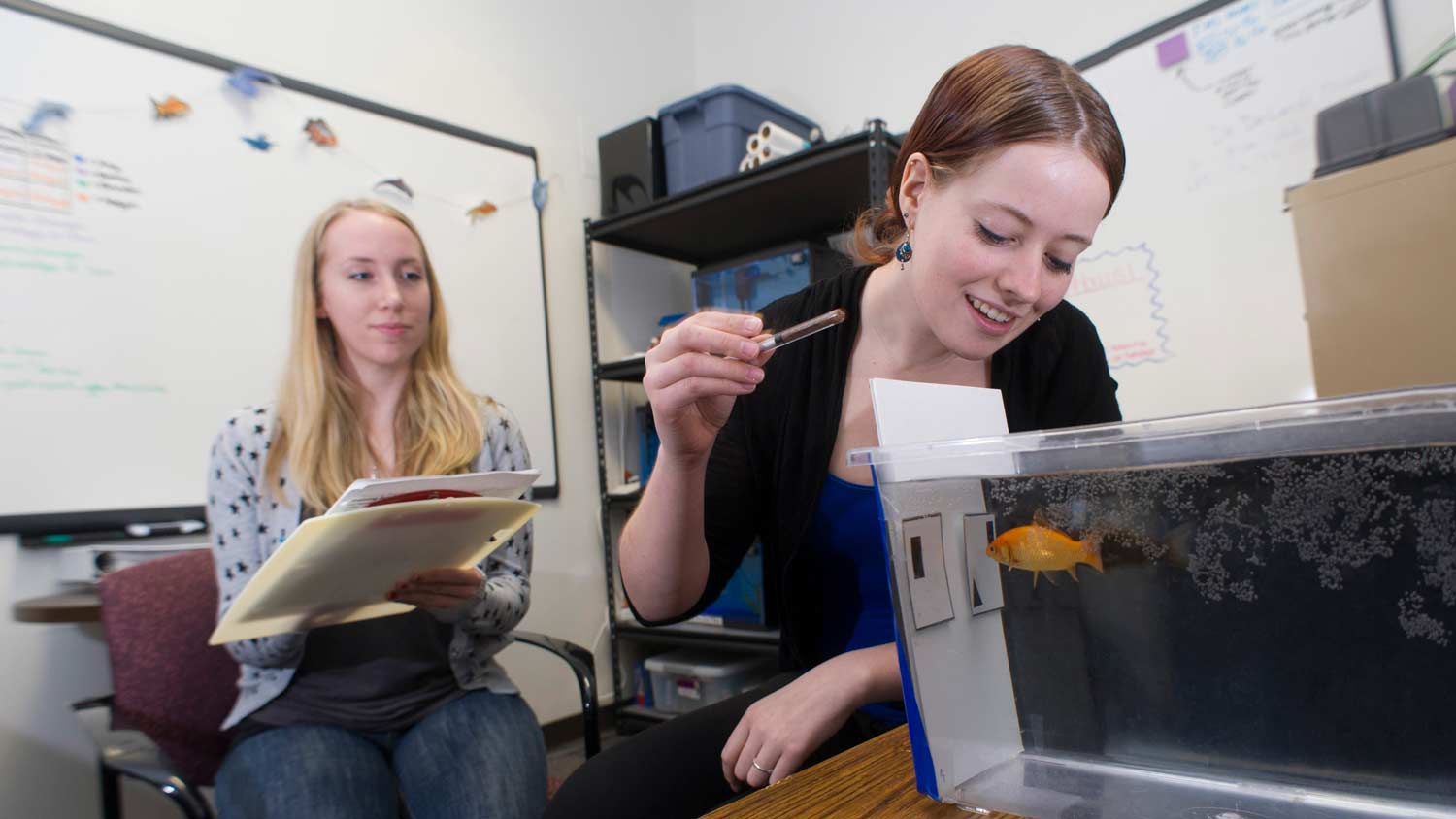Psychology Immersion
- RIT /
- Rochester Institute of Technology /
- Academics /
- Psychology Immersion
Featured Work and Profiles
-
Psychology Professor named a Distinguished Member
John Edlund Psi Chi, the International Honor Society in Psychology, recently named psychology professor John E. Edlund, Ph.D., a Distinguished Member, the highest honor the organization bestows.
Read More about Psychology Professor named a Distinguished Member
Curriculum for 2025-2026 for Psychology Immersion
Current Students: See Curriculum Requirements













